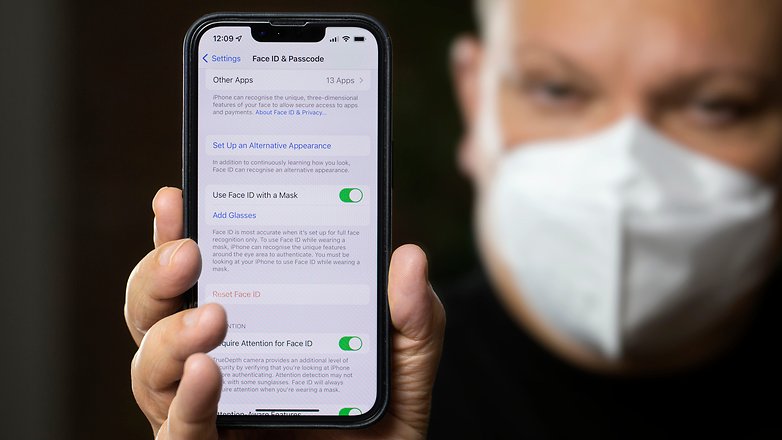Apple’s rigorous practice of linking the ecosystem to competition may eventually end, at least in the European region. If the new Digital Markets Act (DMA) is implemented in Europe, Apple will have to allow its iPhone and iPad users to access app stores and apps not available in its App Store.
- By installing third-party app stores, apps in the iPhone will be allowed.
- The DMA Act has been approved and will be put to a vote this year.
- Apple and other companies have little choice but to comply.
More transparency between different ecosystems and different applications
The new DMA law approved by the European Council and the European Parliament is not limited to third-party shops and applications. It also targets large companies and services with a large number of users per month. Providers are required to open their messaging programs and make them accessible to various third party services. Basic functions and content can then be combined with different services.
The other scope of DMA is the introduction of third-party payment systems in the Apple App Store. Therefore, users will have options when purchasing from the App Store. Added to this is the fact that Epic Games has filed a lawsuit against Apple to block the developer’s payment option for Fortnite games by purchasing the App Store.
While this applies to laptops and MacBooks, Apple may allow its iOS users to remove and replace standard apps such as the web browser and other operating systems. We have seen this feature on Android devices for many years, but to this extent it is not, and we can not imagine how Apple will implement it.

Third-party downloads may increase security risks for iPhones and iPads / © kwgeek
Data protection?
Apple’s biggest concern if the law goes into effect is that its devices – especially iPhones and iPads – will face significant security vulnerabilities. The sensitive data stored on Apple devices and services will also be compromised, a concern expressed by Tim Cook as well.
It is almost the end of the Apple game as the rule is inevitable. However, the company could easily add additional security settings, similar to what Google did on the Android operating system, as device manufacturers play a major role in protecting their usage.
Not only does this law in the future benefit the majority of users, but it also allows small businesses to compete on equal terms and have a better chance of competing with big teams like Apple and Facebook. It will also encourage agencies to innovate and grow further despite the financial constraints they face compared to their competitors.
Do you support this law? Do you support the transfer of storage and storage of iPhones and iPads to third parties?











